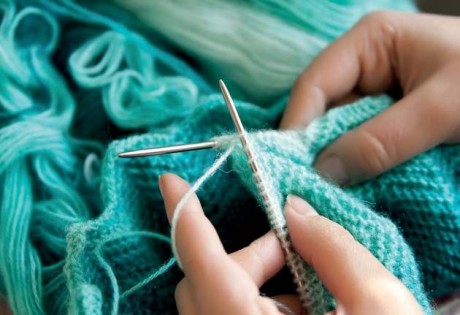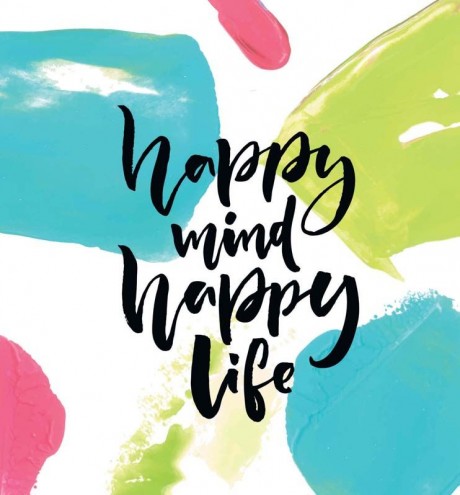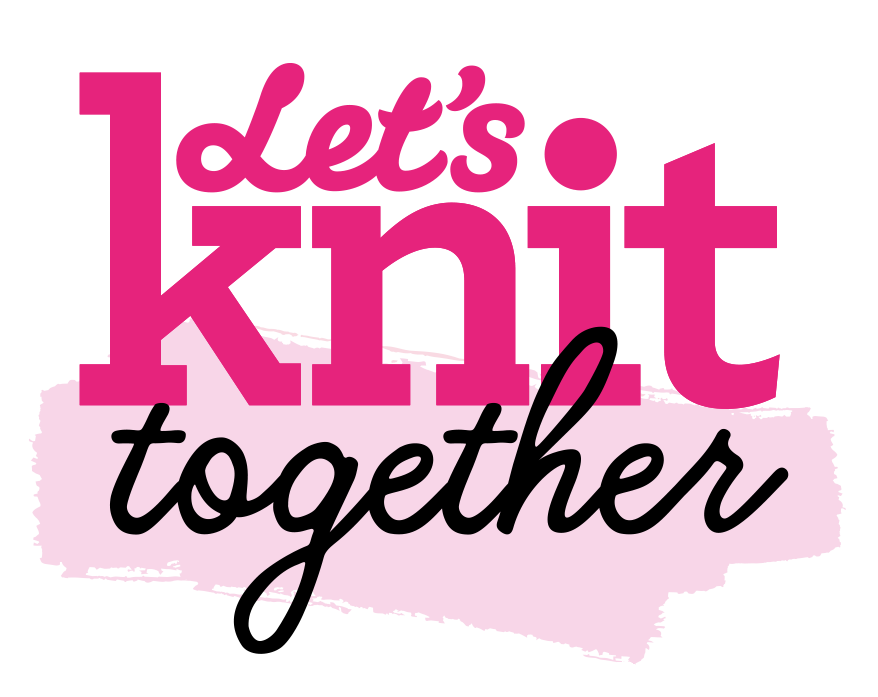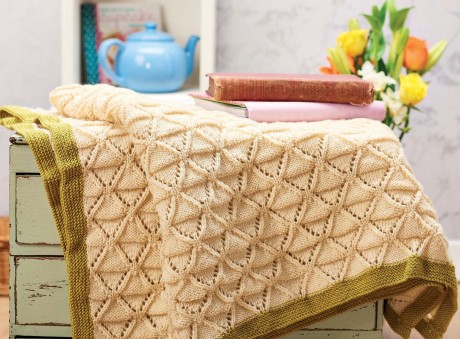Adrienne Chandler finds out how knitting can benefit your mind, body and soul
It’s good to have a hobby, or so we’re often told, and in our case it’s true. If you dig a little bit deeper, you’ll find that knitting does a lot more than just fill a few hours in the day. It can help your dexterity, relieve stress and keep your mind agile – and you get something pretty or practical (or both) when you’re done. There’s a wonderful social element too, with yarn shops and knitting groups providing lifelong friendships. Read on to find out more about therapeutic knitting and how our favourite hobby can change your life for the better.
What’s this all about?
MINDFULNESS [noun]
A mental state achieved by focusing your awareness on the present, whilst acknowledging and accepting your thoughts and feelings
WELLBEING [noun]
The state of being comfortable, healthy, or happy.
Studies have shown that in 2015-16 stress was behind 37% of all work-related illness** and as a society, we have a greater awareness of mental health issues like depression and anxiety than ever before. Scientists, psychologists and other researchers have been looking at what can be done to relieve the pressure and that’s where crafting comes in. There are many aspects of crafting which can both focus and relax your mind in equal measure. Giving your brain something else to concentrate on helps deflect your attention from the more stressful parts of your busy life.

image: shutterstock.com
Why knitting matters?
All crafts can offer relief during a stressful day but knitting is the perfect combination of required technical skill and repetitive motion. There’s more involved than simple colouring, which arguably means there are more benefits to be gained. A recent study by charity Knit For Peace (www.knitforpeace.org.uk) revealed that 87% of knitters said knitting relaxed them and 92% said it improved their mood. Dedicating time to knit a certain number of rows each day can inject a moment of creative joy into your routine.
Healing Hands
Betsan Corkhill, founder of StitchLinks, has made a study of knitting as a therapy. “There are many definitions of wellbeing and I think it’s different for everyone,” she says. “At the heart of it is having the core inner strength to stay afloat through life’s storms and challenges. When life events become overwhelming the best way of getting through is to focus on being OK in the present moment, somewhere where the past and future don’t exist.”
The concept of mindfulness is a popular one but is there a confusion in terminology? “Many people believe they are practising mindfulness when they are really practising ‘being in the moment’,” explains Betsan. “Mindfulness is deliberately focusing your awareness on the present whilst noticing your thoughts, emotions and physical sensations. It’s about accepting those sensations then letting them go without passing judgement and that’s not easy! It has become fashionable to describe many activities as mindful, but the act only becomes mindful if you intentionally engage with the whole concept.
“Therapeutic Knitting can be used as a tool to teach ‘being in the moment’. When you knit, be aware of the textures of the yarn, needles and the rhythm of the movement and flow of the yarn through your fingers. You can enter different mind states according to the projects you choose to knit. For example, I could use a project with a complex pattern of stitches to reach a state of complete absorption and distraction away from problems or symptoms of medical conditions, or I might choose an easy project for complete relaxation, perhaps to switch of those whirring thoughts just before sleep.” Read more about Betsan’s work at www.stitchlinks.com

image: shutterstock.com
Meditation Station
When you’re in full flow knitting can lull you into an almost trance-like state. All you’re thinking about is the ‘here and now’ of the current row, watching the hypnotic movement of your yarn, needles and fingers. Simple scarves, cushions and cowls that use basic stitches or an easy repeating pattern are perfect projects for zoning out and getting away from your problems. If you’re feeling like the world is getting on top of you, knitting can help calm and soothe your troubled mind.
Health and happiness
We spoke to James Harris from the Mental Health Foundation to find out how crafts can have a positive influence on your mental wellbeing. “Taking a break and doing something you are good at are two of the Mental Health Foundation’s top tips for protecting and sustaining good mental health,” he reveals. “Knitting and other crafts can fulfil both these criteria. Most of us spend too much time ruminating about both the past and the future. Hobbies, like knitting, force you to be in the present and pay attention to where you are and what you are doing. Combined with other activities, like regular exercise and eating well, it can play a role in promoting good emotional health.”

image: shutterstock.com
Be aware
One aspect of mindfulness is about being aware of your surroundings and being ‘in the moment’. Knitting is such a wonderful, tactile craft and that’s one of the reasons we love it. If you’re anything like us, you can’t walk past a yarn without giving it a squeeze. When you’re next knitting, close your eyes and focus on the feel of the yarn and needles in your hands. It’s bliss!
LK designer Lynne Rowe teamed up with Betsan Corkhill for her new book, Knit Yourself Calm (£9.99, Search Press) and takes regular ‘knit’ breaks when she’s busy working. “I stop for 15-20 minutes every couple of hours and knit something repetitive,” says Lynne. “Focusing on the calming and rhythmic movements of the stitches encourages a state of mind similar to daydreaming. This gives my mind a complete break and leaves me feeling refreshed. After working with Betsan, I now see knitting in a completely different light, and use it daily to manage my own stress and to relax. The added benefit of a daily dose of knitting is that you also produce something that you can be proud of and it’s enjoyable too!”
Knitting can be a great healer when your mind’s feeling full, but sometimes it can also be the cause of some frustration, especially if you’ve dropped a stitch or forgotten to check your tension. Remember, knitting should be fun! It is fun. But if you’re getting in a muddle and it’s all going awry, just put your project down and come back to it later.
TRY THIS!
Helen Ardley’s lacy blanket is a repeating pattern which is ideal for helping you zone out after a stressful day. Find the pattern here!
** Statistics from a HSE Government report






_333_180_c1.png)

_Craftihive_Let_s_Knit_Website_Blog_-_7.9.25_HEADER_IMAGE-01__333_180_64_c1.jpg)

 Baby
Baby
 Toys
Toys
 Garments
Garments
 Crochet
Crochet
 Homewares
Homewares
 Dolls
Dolls



Share